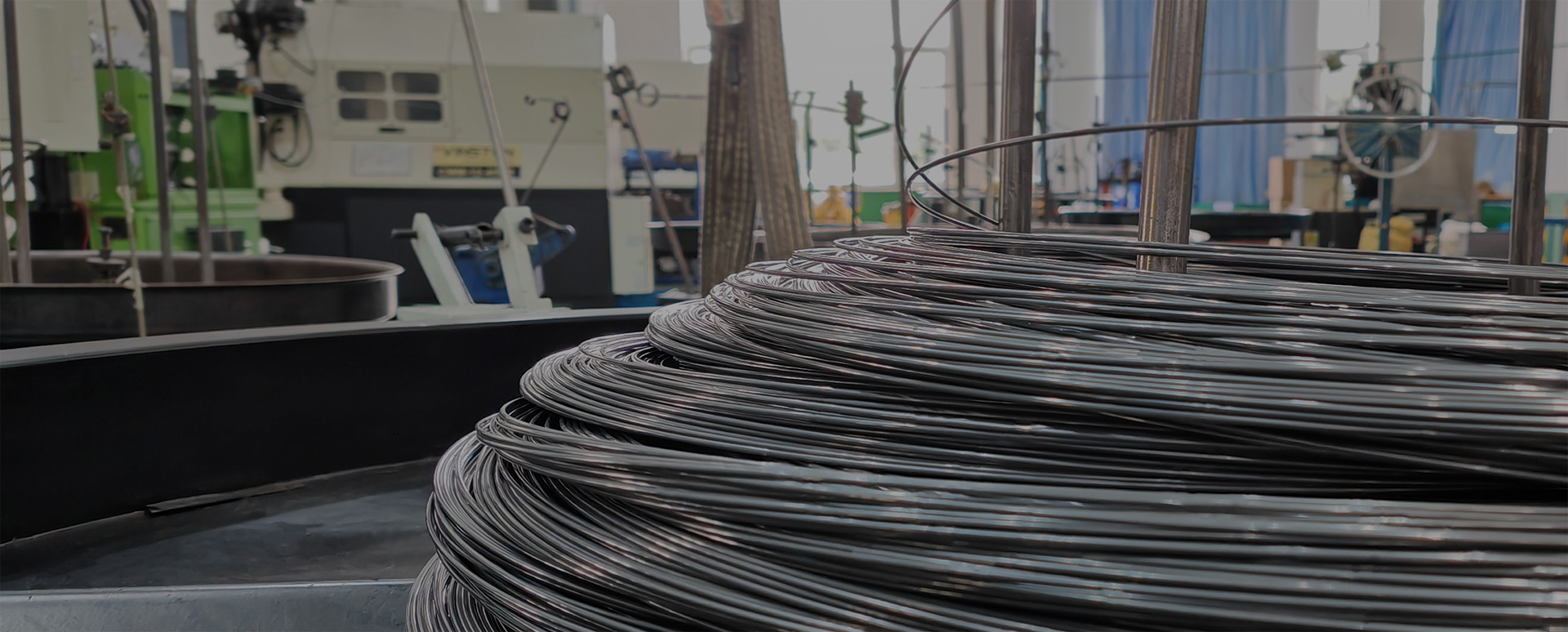
What is the Best Materials for Spring Applications?
The best materials for spring are determined based on factors such as application, project requirements, and operating environments. Material and finish impact the spring’s performance and life.
Common Spring Materials
Carbon Steel / Spring Steel
Hard Drawn Steel Wire (SW-A/B/C): this is the most economical steel wire. It’s usually used for Static Load Spring, It means that the force borne by the spring is constant, and the spring maintains a state after installation. It can be used for furniture, car seat cushions, interior decoration, static springs with low stress, and can also be used to strengthen plastic pipes, screens and tools.
Music Wire (SWP-A/B): it is lead-quenched steel wire has a very fine pearlite structure and good fatigue performance. Usually used for Dynamic Load Spring, refer to the force applied to a spring varies over time, and the spring is repeatedly compressed or stretched. Usually used for valves, engines, sports equipment, etc. These springs are an excellent option because they can support heavy loads while maintaining their structure and shape.
Stainless Steel (302, 304, 316)
Stainless steel has many valuable properties that make it ideal for springs exposed to harsh environments, such as high stresses, extreme temperatures, moisture or corrosive chemicals. Which include:
- Strength & Durability
- Corrosion Resistance
- Flexibility & Formability
- Oxidation Resistance
- High-Temperature Resistance
- Magnetic & Non-Magnetic Options
- Fatigue Resistance
- Low Maintenance
- 100% Recyclable
- SUS302: Composition: Typically contains about 8% nickel and 18% chromium. Properties: Known for its good corrosion resistance, formability, and strength. It’s often used in applications where moderate corrosion resistance is needed.
- SUS304: Composition: Contains around 8% nickel and 18% chromium, similar to SUS302, but with a slightly different composition that enhances its overall performance. Properties: Offers excellent corrosion resistance and is widely used in food processing, kitchen equipment, and architectural applications. It’s non-magnetic and has good weldability.
- SUS316: Composition: Contains about 10% nickel, 16% chromium, and 2% molybdenum. Properties: Provides superior corrosion resistance, especially against chlorides and other harsh environments. It’s commonly used in marine applications, chemical processing, and medical devices.
Silicon Chrome Alloy Steel
How to choose the best materials for my spring design?
- Work Environmental: the spring engineer should know how the environmental factors impact the spring’s performance. Including humidity levels, average operating temperatures, and the overall operating environment. Designers should also evaluate the presence of vibrations in the workspace, as these can potentially harm the springs. Based on these factors, operators may need to modify the spring material, size, or positioning to ensure optimal performance.
- Affordability: Hard Drawn Steel like 72A and 65Mn are affordable, but may broken for repeatedly compressed or stretched, it’s usually for static load springs. This depends on the working conditions and working environment of the spring. Selecting a premium, long-lasting material is an expenditure that will probably yield benefits in the future.
Need help with pricing or technical questions about custom springs? Or any other product-related assistance? Our team is equipped with sales professionals, design engineers, and manufacturing experts ready to address your needs. We’ll make sure you’re connected with the person most qualified to help.
Chat with Us
+86 18575541790
Email Us
shelly.wang@hengshengspring.com
Address
NO.12, Liandong U Valley , Yangxia Industrial Strict, Fuqing, Fuzhou, Fujian, China
